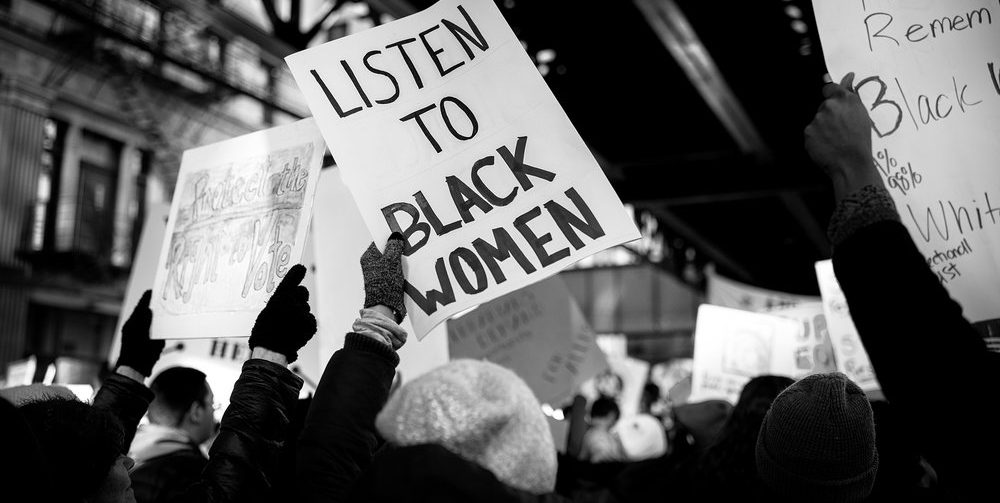Four years after launching an unprecedented attack on democracy and leaving the White House in disgrace, the impeached politician will return to Washington, DC, as the 47th president of the United States.
How can this be?
The 2024 presidential election has concluded, but the outcome has left the country reeling. In a scenario few could have anticipated, Donald Trump—the twice-impeached former president—will return to the White House, now as the 47th president of the United States. How can this be, many ask?
The road to this election has been paved with controversies, but none more alarming than recent claims that the electoral process itself was compromised. Throughout the campaign, Trump repeatedly suggested he had no need for certain votes, hinting at an outcome he felt confident he could achieve. Tech giant Elon Musk once said, “Anything can be hacked,” a chilling reminder of the vulnerabilities that may exist in our digital age. Did this election’s results reflect the will of the people, or was it an engineered outcome?
For many Democratics, the 2024 election represented a historic opportunity to make Vice President Kamala Harris the first Black woman president. Harris’s candidacy brought a surge of energy back to the Democraticic Party, rallying supporters who had grown disillusioned and were considering sitting out this election. She sparked a movement, rallying voters across demographics and raising a staggering $1 billion, a testament to her power and the hunger for change. In the lead-up to Election Day, Democratics performed well in congressional and state races, suggesting strong voter turnout and a desire for Democraticic leadership. Yet somehow, at the presidential level, the narrative shifted dramatically.
Pundits and political analysts are left scratching their heads: how could voters who overwhelmingly supported Democraticic candidates at every other level vote for Trump? This question has fueled theories of interference, alleging that those in power manipulated the system to achieve their desired outcome. Elon Musk’s influence looms large here, as questions arise about potential tech-based tampering. Musk’s complex relationship with the political world has raised suspicions among Harris supporters, many of whom wonder if his words—“Anything can be hacked”—are more than just a statement about technological reality.
So, was this election stolen, and if so, what does that mean for the future of democracy? In a time when voter confidence is already shaken, questions about the legitimacy of the electoral process will cast a long shadow. Kamala Harris may not have taken the oath of office, but the movement she inspired has left a lasting impact on the Democraticic Party and American politics — good and bad. Whether or not she won in the conventional sense, her candidacy has shown Black voters that galvanized a base that might now be more committed than ever to protecting the sanctity of democracy.
In the end, Harris’s defeat revealed a deeper realization among Black voters: the Democraticic Party has repeatedly placed their needs last on its priority list. This election underscored how, despite unwavering support from the Black community, critical issues facing Black Americans often remain unaddressed. It also highlighted a harsh truth about coalition politics—white women, as well as non-white, non-Black voters, have not consistently backed issues central to the Black community. Many Black voters now see that true progress may require looking beyond traditional alliances, advocating for a more focused, independent approach to ensure their voices are genuinely prioritized in future political movements. This pivotal moment marks a shift, with Black Americans more determined than ever to demand real change rather than settling for symbolic gestures.





